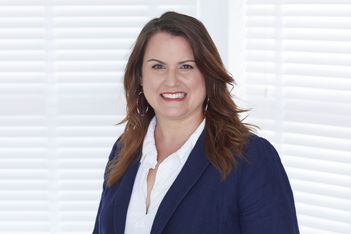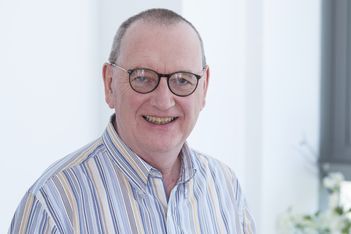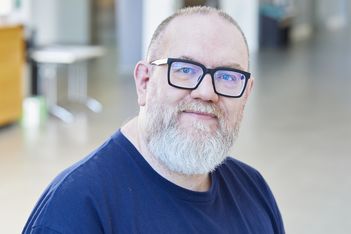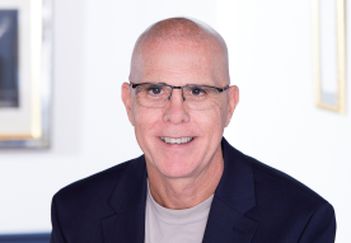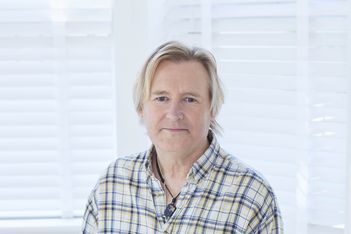
Your stories
Welcome to a space for the real voices of people living with bipolar and their family and friends. Here you’ll find personal experiences of diagnosis, stigma and the challenges of bipolar alongside uplifting accounts of resilience and recovery. Every story is a reminder that no one is alone.
